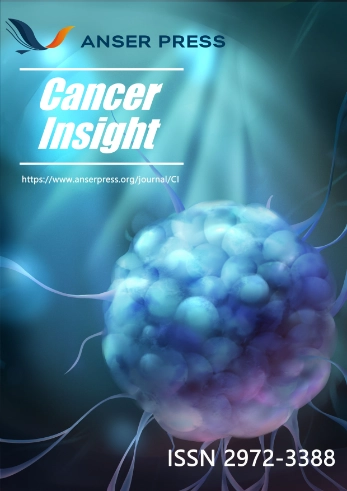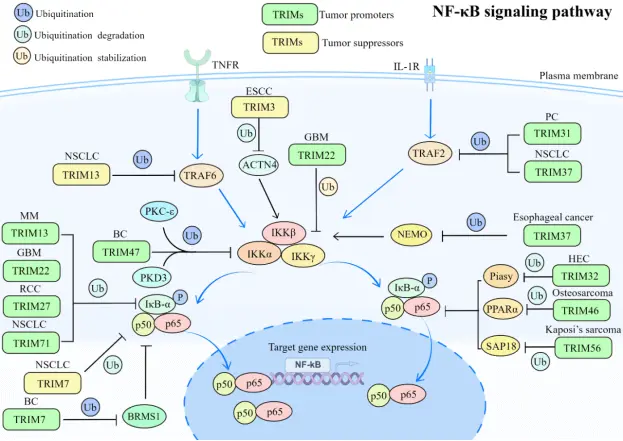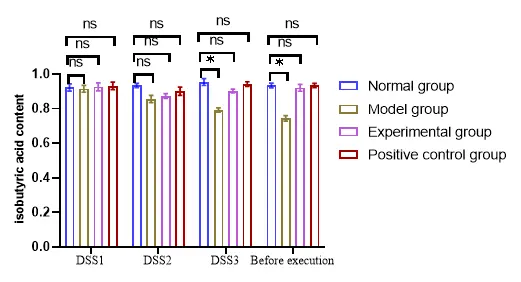Open Access
Journal Article
Comprehensive analyses reveal molecular and clinical characteristics of RNA modification writers across 32 cancer types
by
Jiayu Ding
, Hao Shen
, Jiaying Ji
, Jiaxing Li
, Wenbin Kuang
, Zhongrui Shi
, Dawei Wang
, Yuanyuan Chen
, Didi Wan
, Xiao Wang
and
Peng Yang
CI 2024 3(2):36; 10.58567/ci03020004 - 15 June 2024
Abstract
Adenosine alterations to RNA, which are largely determined by RNA modification writers (RMWs), are critical for cancer growth and progression. These RMWs can catalyze different types of adenosine modifications, such as N6-methyladenosine (m6A), N1-methyladenosine (m1A), alternative polyadenylation (APA), and adenosine-to-inosine (A-to-I) RNA editing. These modifications have pr
[...] Read more
Adenosine alterations to RNA, which are largely determined by RNA modification writers (RMWs), are critical for cancer growth and progression. These RMWs can catalyze different types of adenosine modifications, such as N6-methyladenosine (m6A), N1-methyladenosine (m1A), alternative polyadenylation (APA), and adenosine-to-inosine (A-to-I) RNA editing. These modifications have profound effects on gene expression and function, such as immune response, cell development. Despite this, the clinical effects of RMW interactive genes on these cancers remain largely unclear. A comprehensive analysis of the clinical impact of these epigenetic regulators in pan-cancer requires further comprehensive exploration. Here, we systematically profiled the molecular and clinical characteristics of 26 RMWs across 33 cancer types using multi-omics datasets and validated the expression level of some RMWs in various cancer lines. Our findings indicated that a majority of RMWs exhibited high expression in diverse cancer types, and this expression was found to be significantly associated with poor patient outcomes. In the genetic alterations, the amplification and mutation of RMWs were the dominant alteration events. Consequently, the RNA Modification Writer Score (RMW score) was established as a means to assess the risk of RMWs in pan-cancer. We found that 27 of 33 cancers had significantly higher scores compared with normal tissues, and it was significantly correlated with prognosis. We also evaluated their impact on the tumor microenvironment and the response to immunotherapy and targeted therapy. These findings verified the important role of RMWs in different aspects of cancer biology, and provided biomarkers and personalized therapeutic targets for cancer.




